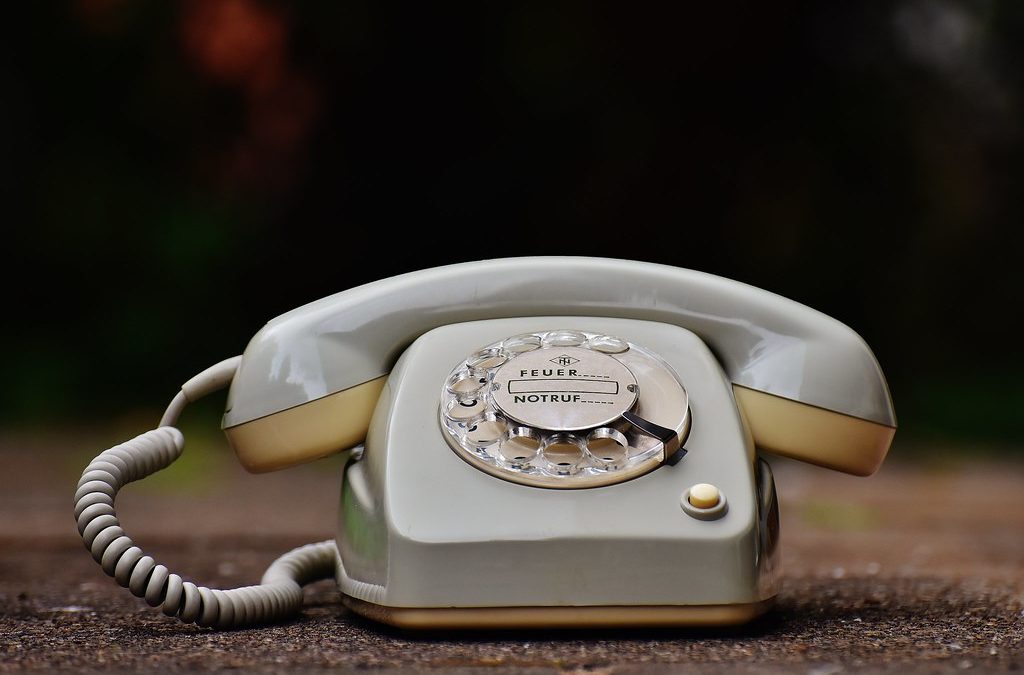Dr. Frasier Crane was the main character on the show Frasier. He played a psychiatrist who had his own radio show in the Pacific Northwest in Seattle, Washington.
His radio show had a call-in format. People called in with their problems, and he dispensed advice. The show was a big hit. Frasier was a spin-off of an even bigger hit, Cheers.
Do you recall the show? Do you remember his opening words to every caller? Two words opened every conversation: “I’m listening.”
In this week’s post, I want to revisit the segment on high-impact listening that was shared in Chapter 3 (the day you went to jail!). I’d like to do a little review and a little elaboration to help you assess your effectiveness when listening. Let’s start with the review:
High-impact listening has two main components: turn yourself off and seek first to understand.
Turn Yourself Off
Turning yourself off involves learning to shut down your inner monologue—the self-talk that makes it so easy to listen to yourself rather than listen to others in conversation. It also means understanding that listening is not an “extra” with your work; listening is a part of your job. When you listen you are working—in more ways than one! When you turn yourself off you are able to ignore your fears, anxieties, and anticipation. Worrying about your own feelings or what to say next has been effectively put in check. Turning yourself off means being open-minded. You might not know what the person is going to say and you might need to change your mind on things. Finally, turning yourself off means overcoming that temptation to solve the problems of the person you’re listening to instead of helping them solve their problems themselves.
Seek First To Understand
Seeking first to understand requires you to listen all the way to the end of what the other person is saying. It means learning to ask good questions that draw even more out of them. Seeking first to understand means containing your own reactivity to what is being said—remaining calm even when the other person isn’t. Finally, it means staying in that listening posture until you understand the other person’s perspective AND they feel understood.
That’s the review. But how do you assess the effectiveness of your listening skills? Are you the great listener you believe you are and aspire to be?
Here are a couple of assessment tools you can use:
- Solicit feedback. The truth may be painful. Actually ask people you work or live with how strong your listening skills are. How do they know when you are listening? What things cause them to question whether you’re really paying attention? This can open up some great doors. For instance, you may actually be listening really well, but a certain habit or mannerism might cause others to wonder if you are actually “all there.” Becoming aware of such things can really increase your effectiveness and improve your relationships.
- Test yourself. I challenge you right now to think about a conversation you had at work or home yesterday. Any conversation! Identify one person you talked with yesterday. How much of the conversation do you remember. What did the other person say? What was your read on what was most important for them in that conversation? How do you believe that conversation, and in particular your listening, benefited the other person?
I actually engage in this exercise often. In all honesty, life can get so full that it takes me a minute to even think about the interactions from the previous day. Then it gets even harder: what was the important content spoken to me in that conversation? I know that if I cannot come up with much of anything, I may need to shore up my efforts to turn myself off and seek first to understand.
Lead on and listen well!
Jeff
Image by Semtrio. Used under CC by 2.0 license.


Great reminder, Jeff, on an easy concept that is painfully difficult to execute. With the cultural radio station of WIIFM (what’s in it for me) blaring away, focusing on the other person take intentionality and practice. Thanks challenging me to seek first to understand.
As always Jeff, you present me with things to reflect on and challenges to motivate me to move forward. After reading this, I immediately thought about a time in the past month where I solicited feedback for my development and then I didn’t truly “listen” to what I was told. Instead I stated ways in which I was already doing what was being suggested as development. Proof positive, that I need to continue to evolve my listening skills and seek to understand why this development was being suggested. Thank you for the inspiration.